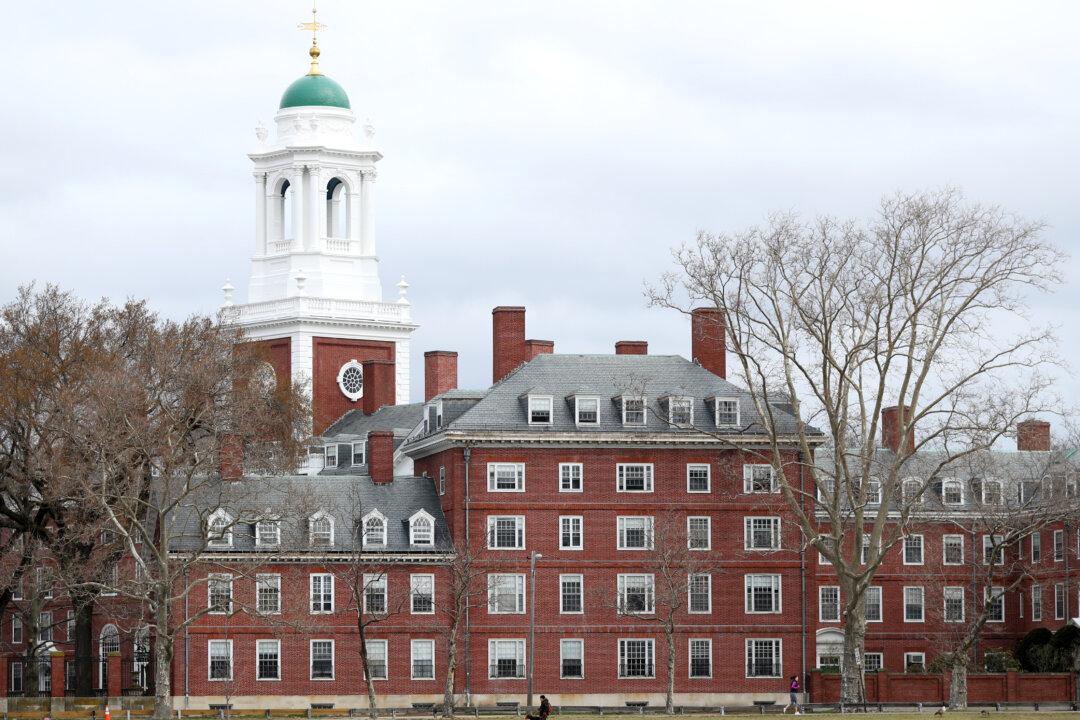Harvard University will extend a move not to require SAT or ACT scores for prospective students until at least 2026, the university announced Thursday.
The Ivy League school initially stopped requiring the tests because of the COVID-19 pandemic, asserting some applicants had limited access to testing sites.





